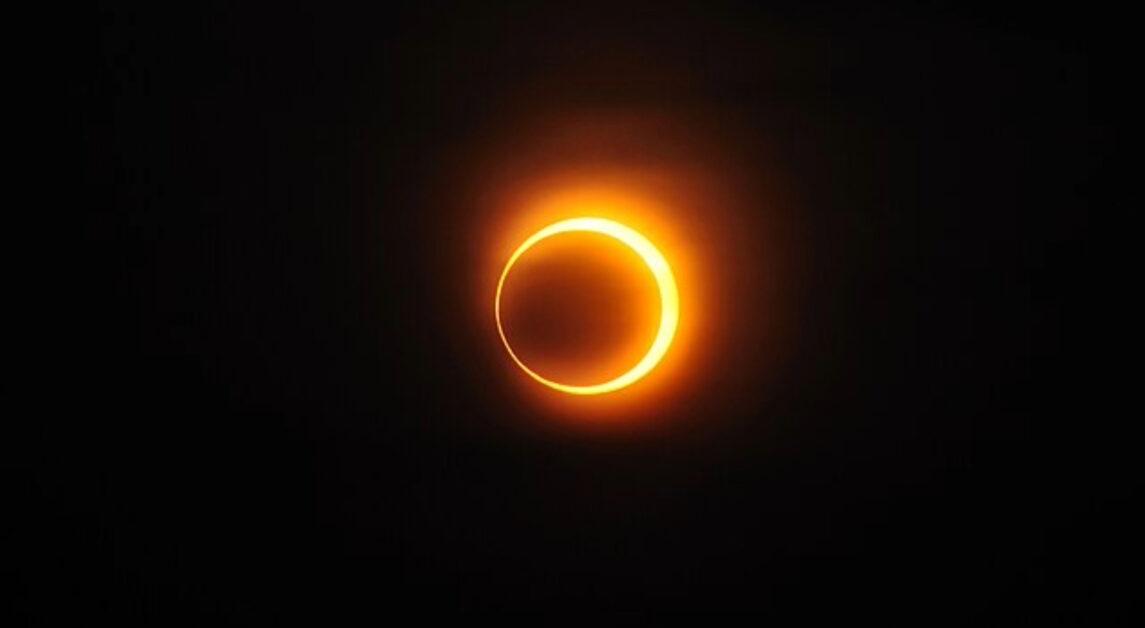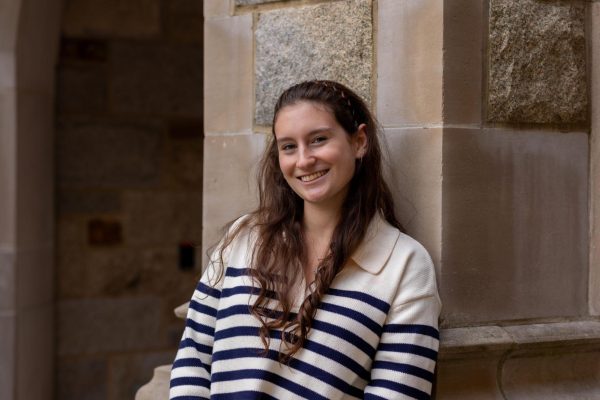Between 2:16 p.m. and 4:39 p.m. on Monday, the moon will temporarily block the surface of the sun from the Earth in a solar eclipse—the last one the United States will see until 2044.
In Massachusetts, spectators will be able to see a 93 percent eclipse, with just a sliver of the sun’s rays visible from behind the moon’s coverage. At Boston College, students are planning for how they will watch the rare phenomenon.
“I think it’s a pretty cool opportunity with 93 percent coverage here,” Drew Radice, MCAS ’25, said.
For students who want to get a direct look at the eclipse, proper eyewear is essential. According to NASA, safe solar viewers—or “eclipse glasses”—are the only viable eyewear option.
“Eclipse glasses are NOT regular sunglasses; regular sunglasses, no matter how dark, are not safe for viewing the Sun,” NASA’s Total Solar Eclipse Safety Page reads.
NASA also warns that viewing the eclipse through a camera lens or binoculars will cause instant and severe damage to the retina.
Mary Connors, MCAS ’26, said she plans to watch the eclipse on the Quad with her friends.
“My mom got me glasses,” Connors said. “I think there’s like five of us watching it. It’s just whoever doesn’t have class at that time.”
For some students, classes, work, and other commitments will prevent them from getting outside to appreciate the eclipse. Norah Rogers, MCAS ’27, said she and her friends originally planned to travel somewhere in the path of totality so they could view the eclipse at 100 percent coverage.
“We were originally thinking of driving up to Vermont to watch it, but I think since it’s in the middle of the day, we all have a lot of stuff and won’t be able to,” Rogers said.
Some professors, however, are planning to integrate the eclipse into their schedule for the day to give students an opportunity to spectate.
“One of our other friends, one of her classes is going up to the top of a parking garage to all look at it together,” Garrett Mackenzie, CSOM ’27, said.
Even for students who haven’t prepared for or given much thought to the eclipse, the rareness of the event makes it something to give pause to.
“I haven’t particularly gone out of my way to buy the glasses or anything, but I think it’s a cool phenomenon,” Julia Stopper, MCAS ’27, said. “Seems like everyone is excited about it.”
Correction (4/10/2024, 10:52 a.m.): This article was corrected from a previous version to attribute a quote to Mary Connors, MCAS ’26, instead of Claire Courbage, MCAS ’26.















